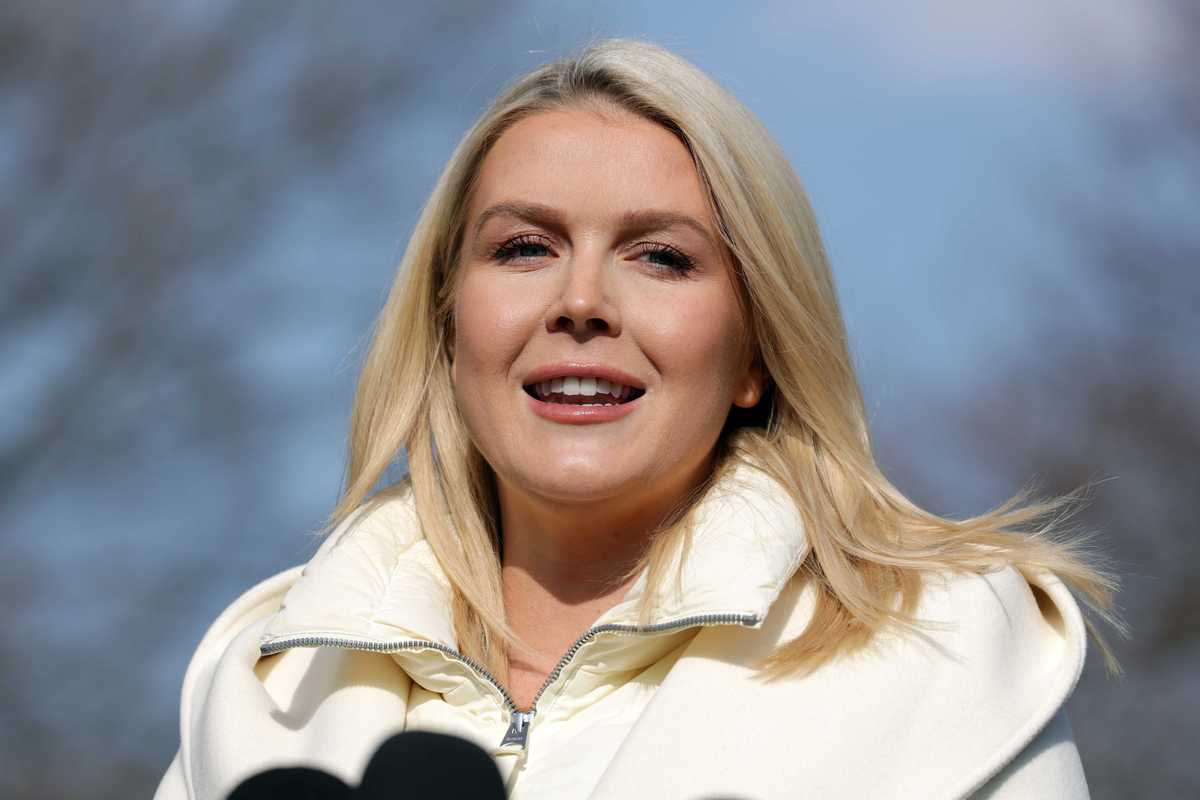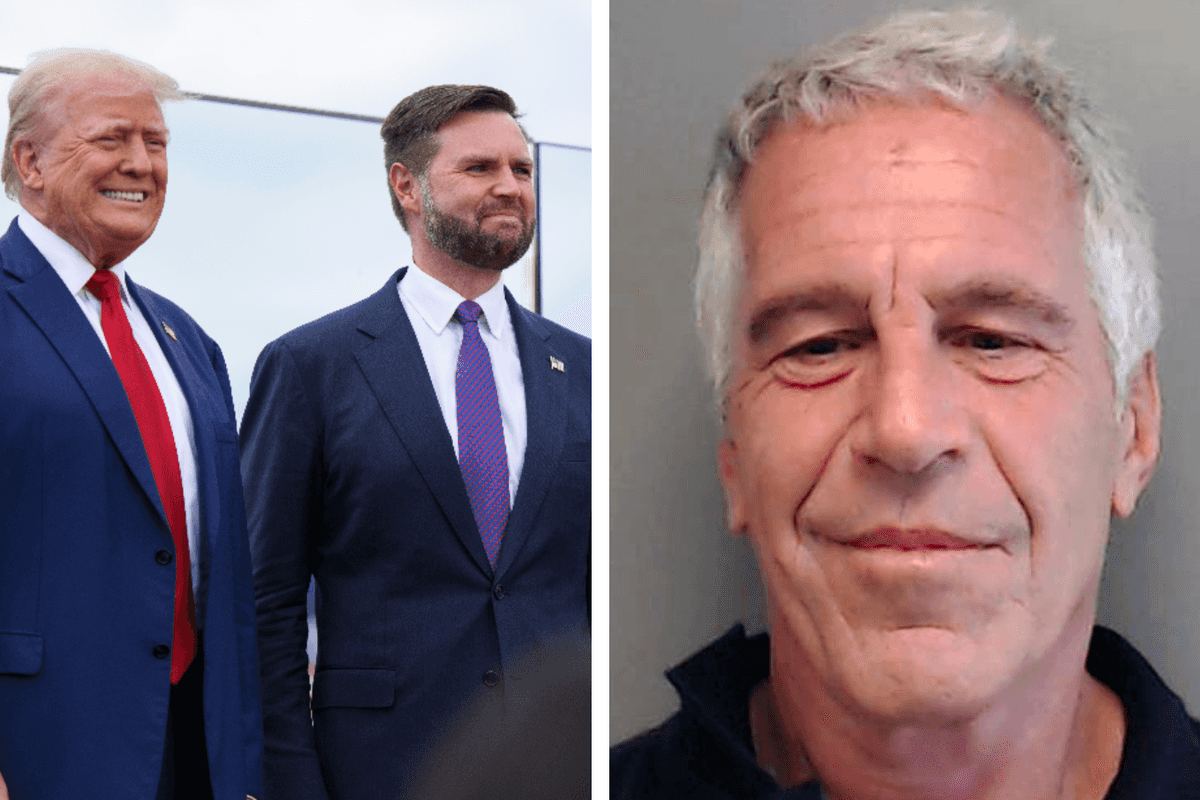News
Police in Paris killed three men who carried out terrorist attacks on the French capital this week.
Brothers Cherif and Said Kouachi, who were responsible for the attack on satirical magazine Charlie Hebdo and Amedy Coulibaly who is suspected of killing a policewoman on Thursday and for carrying out the attack on a grocery store on Friday. In total, these three men are thought to be responsible for the deaths of 17 innocent people.
Questions are being asked about how the attackers, who had been on the radar of the intelligence services, managed to build up an arsenal of automatic rifles and explosives.
Links have now begun to emerge between the Islamists involved in the two sieges, pointing towards a planned jihad in the heart of Europe...
Amedy Coulibaly
Coulibaly with his girlfriend Hayet BoumedienneAmedy Coulibaly is connected to Cherif Kouachi through Djamel Beghal, a senior al-Qaeda member and convicted terrorist.
Coulibaly, 32, was jailed for five years after being involved in a plot with Beghal to free Smain Ait al Belkacem, a former member of the Algerian Salafist GIA movement. Just before his arrest Coulibaly had met Nicolas Sarkozy in a conference at the Elysée Palace with disenfranchised young people. Afterwards Coulibaly said: “He impressed me. Whether you like him or not, he is the President.”
It is understood he had co-ordinated his attack with the two brothers on Wednesday.
Hayet Boumedienne
Hayet Boumedienne (pictured above, right), Coulibaly’s 26-year-old girlfriend who is still at large, had also met Beghal, according to reports in the French media. A manhunt is currently under way to track her down.
Kouachi brothers
Cherif Kouachi is a former pizza delivery worker who was imprisoned for 18 months in 2008 after trying to leave France to join Muslim fighters battling in Iraq. A French television documentary that portrayed Kouachi's abortive attempt to fight in Iraq suggested his radicalisation may have occurred well before he was behind bars.
Many French Muslims were infuriated by the 2003 US-led invasion and occupation of Iraq, the programme said, and by the negative consequences for Iraqis, ranging from the death of civilians to the abuse of detainees by American captors.
Footage included in the 2005 documentary, part of a prestigious French public television series entitled "Evidence for the Prosecution," showed Kouachi in 2004, when, according to the narrator, the young man in a black T-shirt with extremely close-cropped hair and a chunky wristwatch was more interested in pretty girls than going to the mosque. He appears relaxed and smiling as he jokes around with friends.
However, reports have emerged of the Kouachi's links with Beghal. Beghal, described as wielding huge influence over a close-knit group of disaffected young Muslims, was suspected of recruiting the shoe bomber Richard Reid and Zacarias Moussaoui, the “20th hijacker” in the 9/11 attack and had close links to radical preacher Abu Hamza - perviously based at Finsbury Park mosque and sentenced to life imprisonment in the US yesterday.
Note: this video has no sound
At one point, with a baseball cap turned backward on his head, Kouachi belts out some rap music and breaks into a joyful dance.
It was the teachings of a radical Muslim preacher in his Paris neighbourhood, Kouachi is quoted as saying in the documentary, that put him on the path to jihad.
The cleric "told me that (holy) texts prove the benefits of suicide attacks," Kouachi is quoted as saying. "It's written in the texts that it's good to die as a martyr."
At the time his lawyer said his client had gotten in over his head with the wrong crowd.
But during his trial, Kouachi was said to have undergone only minimal training for combat, going jogging in a Paris park to shape up and learning how a Kalashnikov automatic rifle works by studying a sketch.
- Police released these images of Cherif Kouachi (left) and his brother Said Kouachi
He was described at the time as a reluctant holy warrior, relieved to have been stopped by French counterespionage officials from taking a Syria-bound flight that was ultimately supposed to lead him into the battlefields of Iraq.
Less is known publicly about Said Kouachi, the older brother, but French Prime Minister Manuel Valls told French radio Thursday that both were known to intelligence services and were likely being followed before the Charlie Hebdo attack.
More: Charlie Hebdo attack latest : What we do and do not know
Top 100
The Conversation (0)













